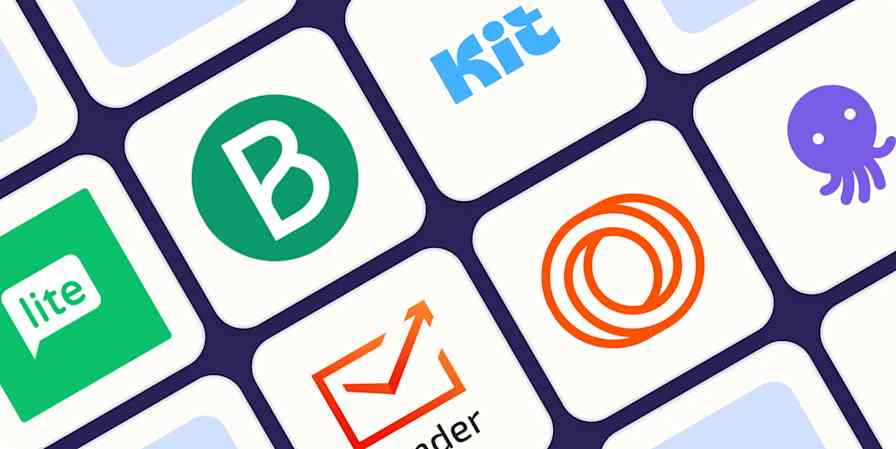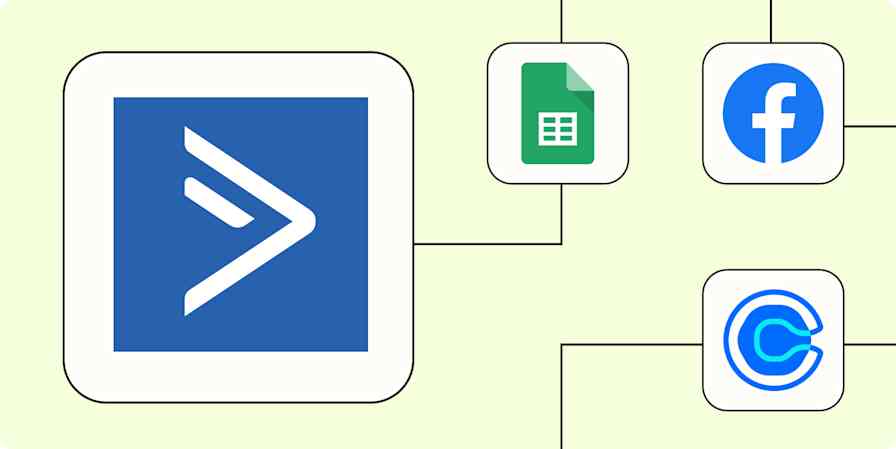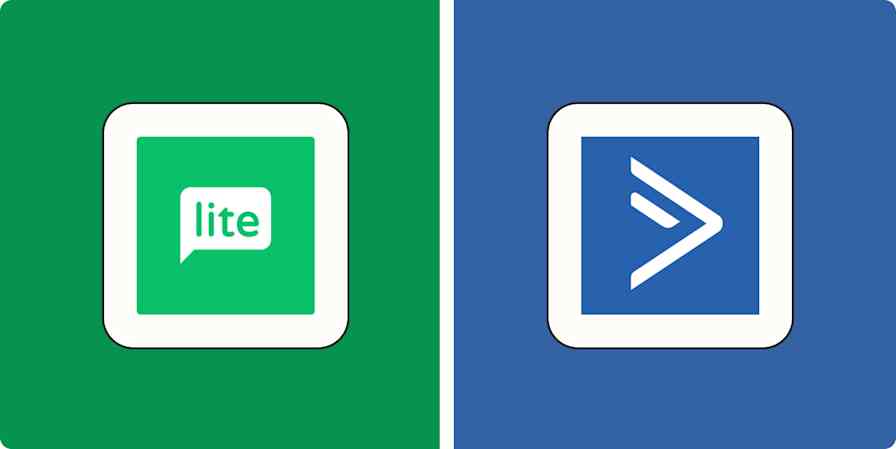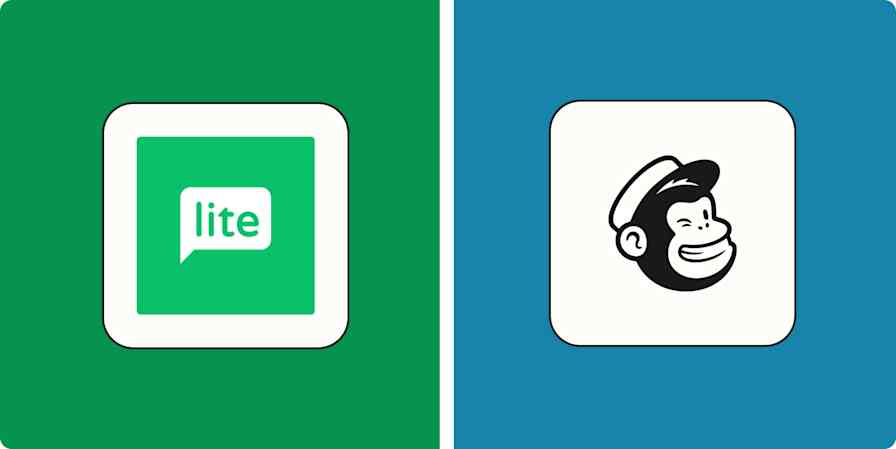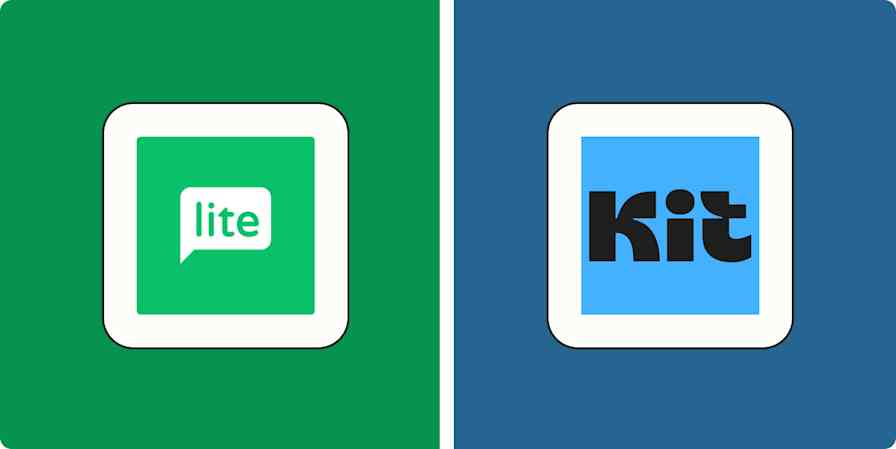Best apps
13 min readThe 10 best Mailchimp alternatives in 2025
By Nicole Replogle · January 21, 2025

Get productivity tips delivered straight to your inbox
We’ll email you 1-3 times per week—and never share your information.
tags
Related articles
Improve your productivity automatically. Use Zapier to get your apps working together.

